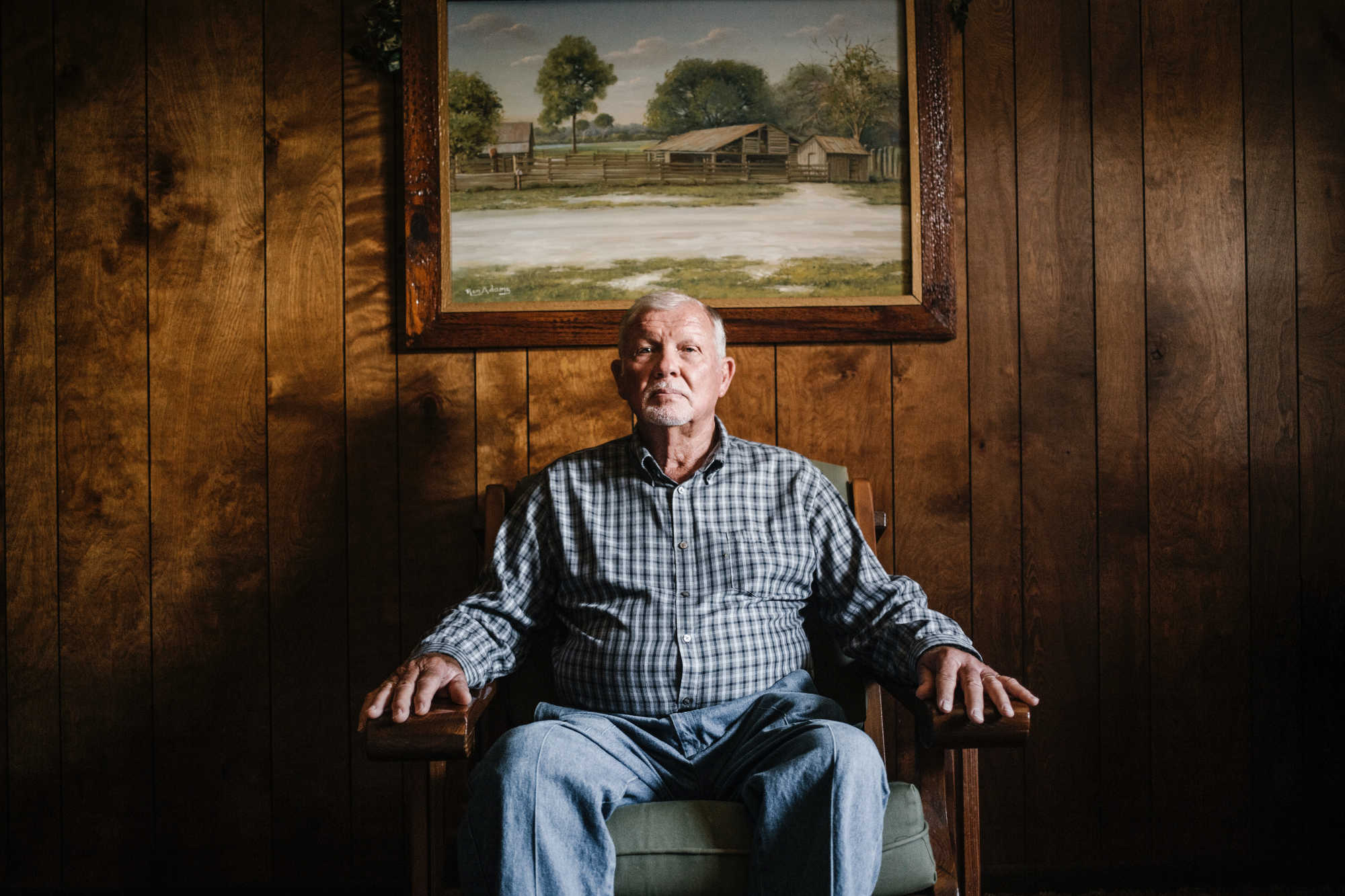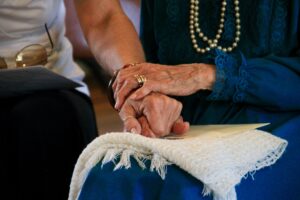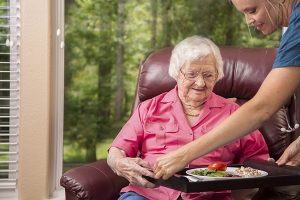
Age is no respecter of persons. We will all experience the difficulties associated with aging at some point if we’re not already feeling them. With the majority of older adults preferring to age at home, the need for caregivers is rising.
However, taking care of the elderly in their homes comes with a significant set of responsibilities.
Whether you’re a family caregiver or a professional caregiver, you’re dedicated to caring for the elderly. If you need some guidance on how to take care of senior citizens in a holistic manner, we’re here to help.
Caregiving is so much more than a 9-5 job – it’s a relational commitment.
This article gives you best practices for taking care of aging parents, tips on providing personal care for the elderly, and how to get help when you need it.
7 Tips for Taking Care of an Elderly Parent in Your Home
1. Create a Safe Environment
We all know the phrase, “Safety first,” and that’s imperative to remember as an in-home caregiver. Whether you’re a professional caregiver or a family member, you need to assess the living space of the elderly adult you support. Look for fall hazards, such as low lighting, rugs, and clutter.
A safe environment is emotional as much as it is physical. Create a safe space where the basic needs of the elderly person you serve are met and where they feel seen and heard. You hold a special place in the older adult’s life whom you care for, so be empathetic, supportive, and a trustworthy confidant.
2. Research Technology Made for Seniors
Researching technology made for seniors can provide an extra level of safety and security. Elderly parents may feel overwhelmed by new technology, but it can be an instrumental tool for their care. Certain technologies explicitly exist for monitoring older adults at home as a safety precaution.
Due to COVID-19, many healthcare providers regularly use technology to offer telehealth visits, especially for at-risk adults. During the period from March to June 2020, 30% of older adults had a telehealth visit. Don’t be afraid to research new technology that can support older adults’ wellbeing and your work as a caregiver.
3. Keep Care Person-Centered
Care can become cold if you focus more on the task at hand than the person you’re serving. A crucial part of caregiving is keeping care person-centered. Whole-person care supports the unique needs of every older individual (and not just the physical ones).
At Stowell Associates, we provide clients with a Person-centered Care Assessment to measure their physical, mental, and emotional health. Our in-home caregivers use this plan, overseen by a care manager, to offer a holistic approach to taking care of the elderly in their homes.
4. Communicate Clearly
Clear communication is crucial in all areas of life, but more patience is required when communicating with the elderly. For older adults experiencing cognitive decline, you may need to repeat yourself multiple times. If they don’t understand what you’re saying, you‘ll need to explain it differently, using simple language.
One of the most damaging things you can do as a caregiver is to break trust. Don’t go behind the back of an older adult you care for or tell them a half-truth. Be honest and straightforward. The conversation may be challenging, particularly if you’re a family caregiver, but honesty is the best policy.
5. Set Boundaries
The ability to set healthy boundaries isn’t a trait that most people are born with or even good at. As a family caregiver, establish limits to retain your place as a daughter or son in the life of your aging parent. When family caregivers aimlessly do everything asked of them, they can quickly get burnt out and resentful.
One distinct boundary that adult children tend to set is committing not to quit their full-time job to care full-time for mom or dad. If taking care of an elderly parent in your home becomes too much to handle, begin to explore other options. A boundary like this one is financially beneficial and creates a relational separation between being a caring child and a caregiver.
6. Plan for the Future
Plan for the moment when your loved one reaches a level of care that you can no longer support. Evaluate the alternatives before moving your parents into an assisted living home. Keeping the elderly in their own homes is the least jarring option for aging adults who need 24-hour care.
Contacting an expert care manager can be an excellent resource for future planning. Care managers are familiar with the complexities and necessity of the elder care your loved one requires. Family members can have peace of mind knowing that they have someone “in their corner,” resourcing them with the best options available.
7. Ask for Professional Help
After reading this list and researching family caregiving, you might be wondering, “Should I care for my mom at home?” If you live far away from aging parents, it might be impossible for you to assume the role of caregiver. However, you also aren’t required to know how to do personal care for the elderly loved ones in your life.
It’s okay to ask for help – we all need it.
Taking care of the elderly in their homes is what we do best.
A premium home care agency like Stowell Associates exists to serve families and care for their elderly loved ones. We cannot stress the importance of elderly care enough. When family caregiving isn’t an option or the elderly care needs of your parents exceeds your abilities, call our Care Team:
- Milwaukee: 414-963-2600
- Kenosha: 262-287-0805
- Racine: 262-880-5864
- Waukesha: 262-521-3016












